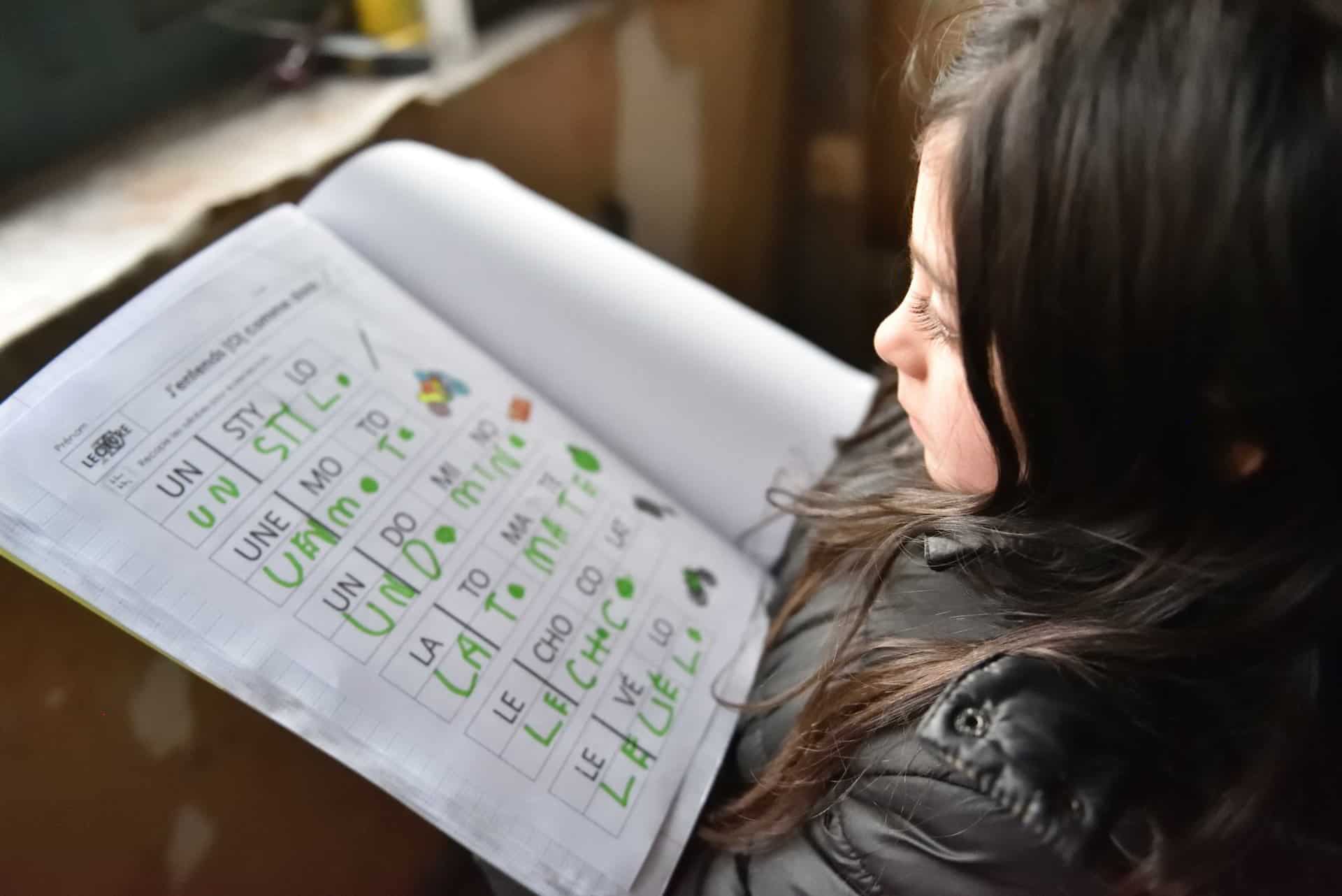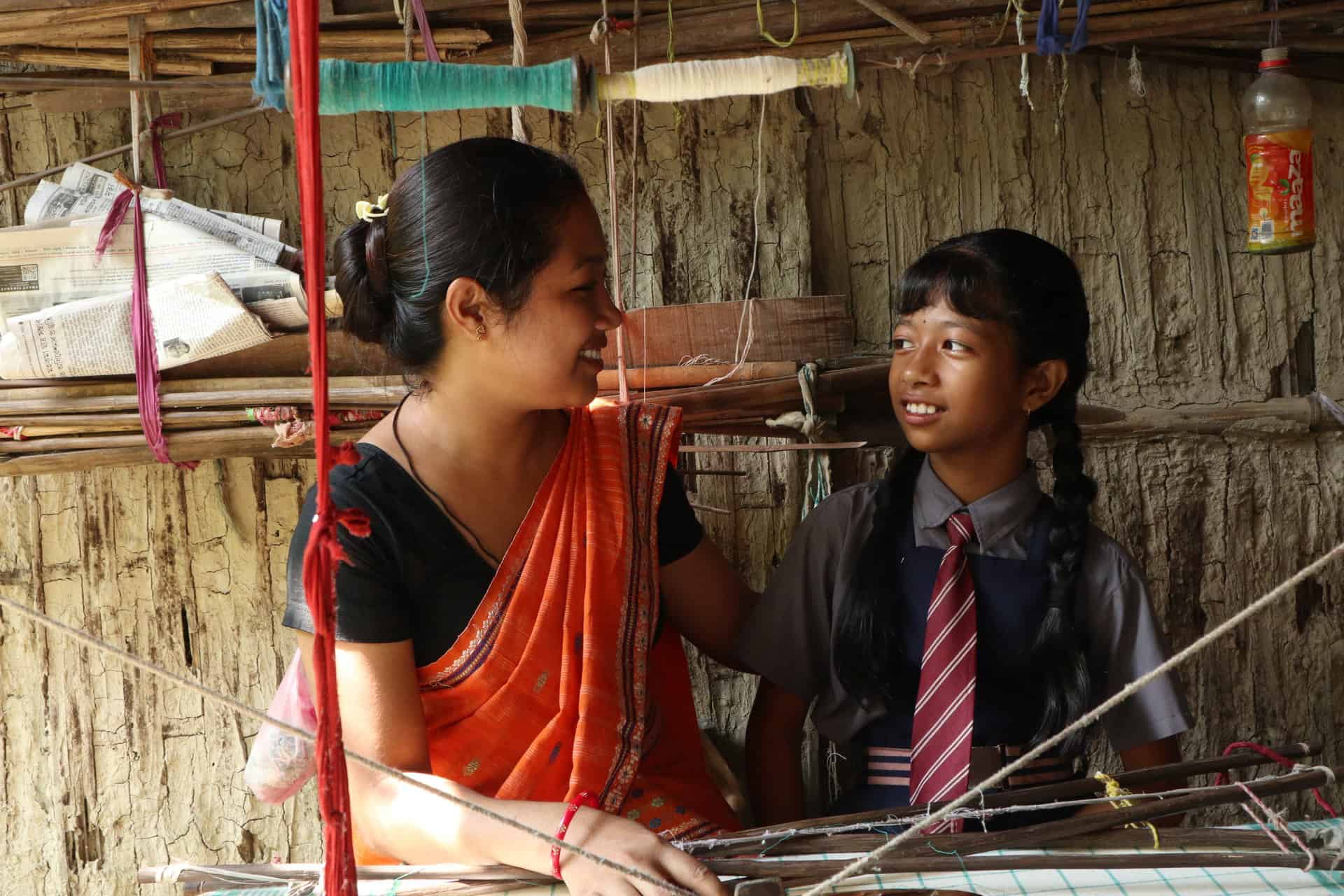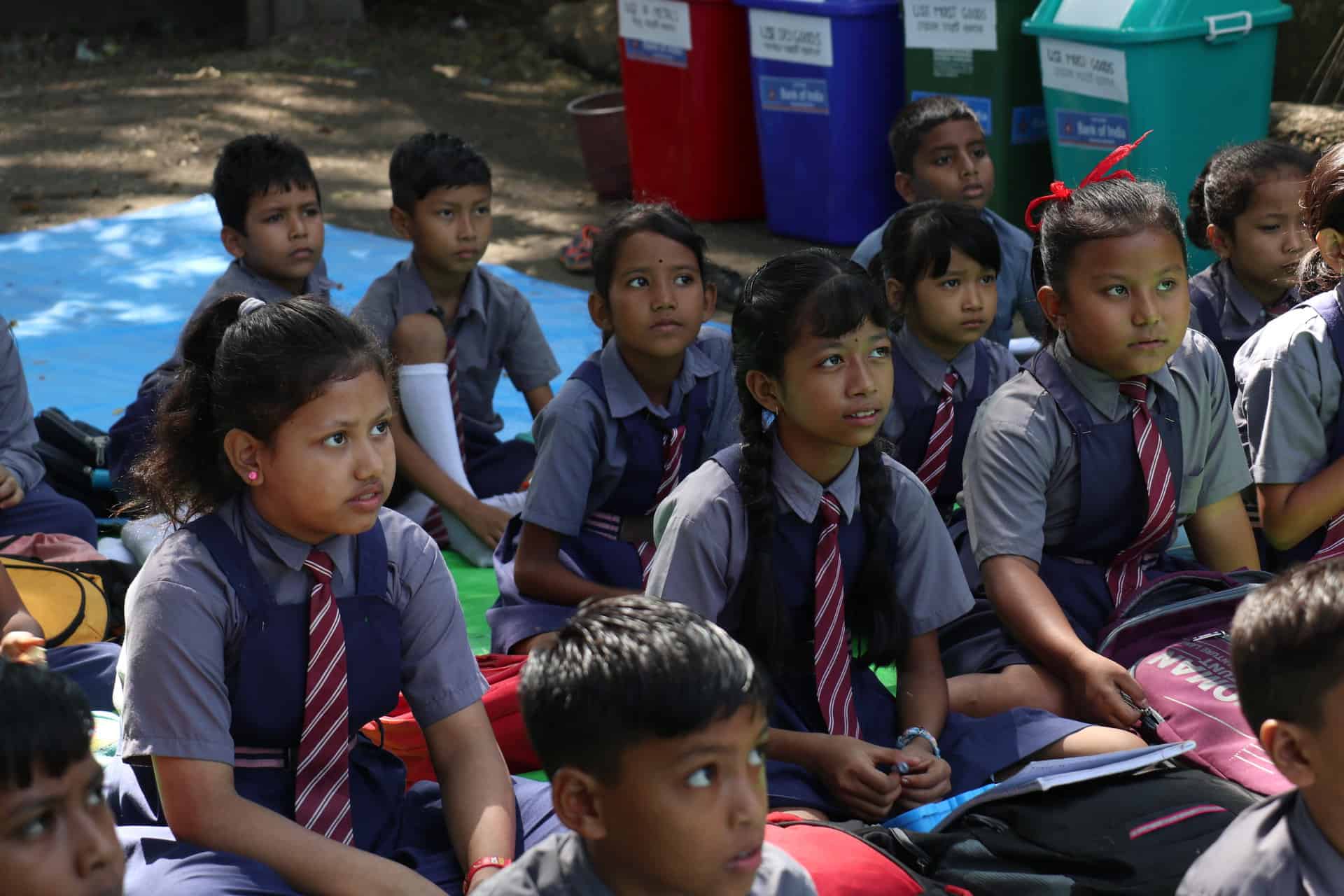Photo credit: Christine Redmond
As VIDOC-19 threatens decades of progress in reducing poverty and gender inequality around the world, our campaign Education For Women Now is developing an innovative solution in Laos, South East Asia, using education as a pathway to women's empowerment.
Before the COVID-19 crisis, 132 million girls were out of school worldwide. According to UNESCO, the crisis now threatens to exclude a further 11 million, depriving them of their right to education. At the same time, this problem is compounded by a surge in child marriages around the world.
In Lao PDR, prior to the pandemic, 9% of women were married at age 15, while 35.4% were married at age 18. This figure is well above the global average of 20% and may increase as the COVID-19 crisis continues. Reports warn that 25 years of progress in ending the practice of child marriage may be reversed, as the crisis puts an additional 2.5 million girls worldwide at risk of early marriage by 2025.
Early marriage is often seen as the only option for girls in remote areas of Laos due to traditional cultural beliefs, particularly among ethnic minority communities. These gender dynamics are reflected in the education system where women are twice as likely as men to be out of school and 21% of adult women have been identified by the government as having no education compared to 10% of adult men.
To Education For Women NowEducation is empowerment and development for one's own future. In Laos, our campaign, supported financially by the L'Oréal Fund for Women - a charitable endowment fund created by the L'Oréal Group to support vulnerable women - is developing a leadership and entrepreneurship project for young ethnic minority women in Laos.
The project is designed to reach those who have never had the opportunity to complete their education and those who are currently at risk of dropping out. We work with communities where physical, structural and social barriers associated with traditional gender beliefs and attitudes have contributed to a low priority being given to girls' education. This usually leads to girls marrying young and not completing school.
In 2020, the pilot phase of the project enabled us to reach 22 participants in two villages in Vientiane province, which are predominantly Hmong and Khmu ethnicities where there are strong traditional gender role divisions and educational disadvantages. Learning from this phase and building on its success, we will now be able to support 860 women aged 15-35 over the next four years. From training on how to apply for a job to setting up a start-up, our aim is to improve the social, behavioural and entrepreneurial skills of ethnic minority women in Odomxay province.
Onglao, 23, started her own business in her village after participating in the project in 2020. Onglao now sells lotus biscuits to her community, something she never imagined she would have the confidence or opportunity to do before the project.
" Most of the girls here drop out of school early to get married and then go to work in one of the factories in Vientiane or work on the farm - I was one of those girls "said Onglao.
By mentoring participants in the design and implementation of community-based businesses, our project seeks to deconstruct gender norms that keep girls in agricultural, domestic and low-paying work.
Bounmy Kayong, deputy director of the Feuang District Education and Sports Office, noted that the communities involved in our pilot project were more successful in earning a living and he hoped to see projects like this reach other villages. "Expanding this activity to other villages will benefit more women and increase their sources of income and employment opportunities," he said.
This project, which began with a limited scope, is now taking on a much larger scale according to some community figures. It has raised awareness about the importance of creating opportunities for young women. This will give them options other than early marriage, farming or unpaid domestic work. Moreover, it is clear that such options can benefit the whole community.
As COVID-19 puts education and gender equality on the front burner, we are ready to respond to the challenge by promoting the development of a skilled workforce and enabling the inclusion of women in education, business and society at large.






